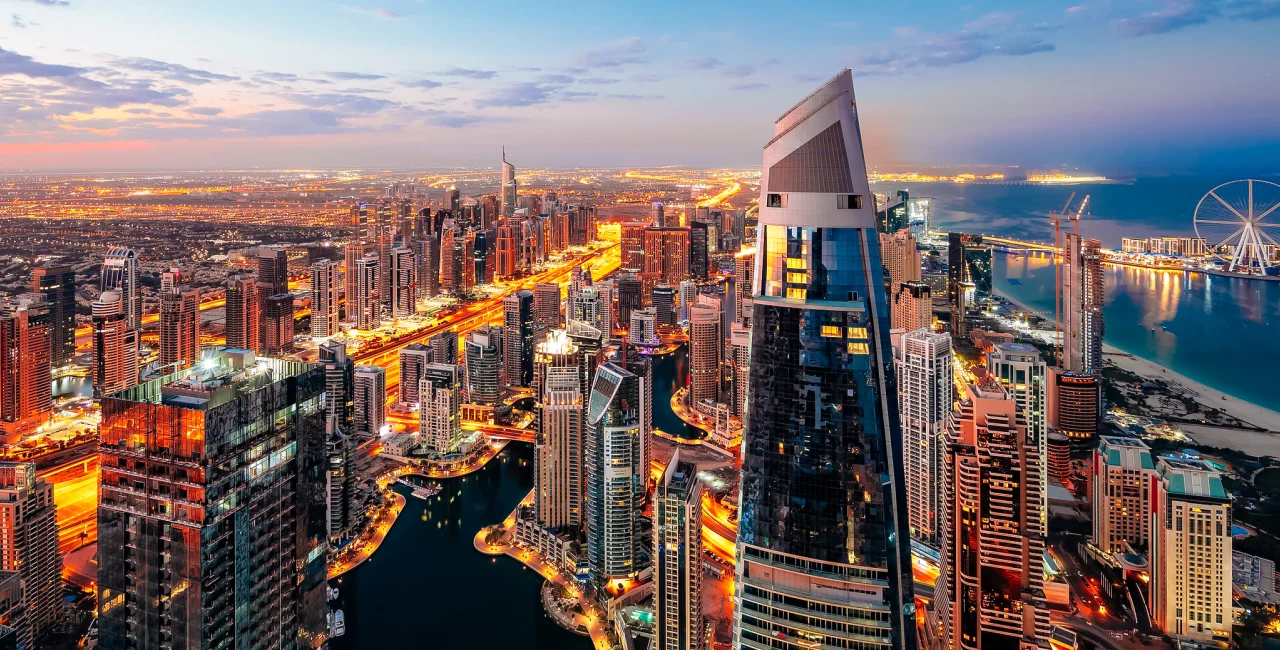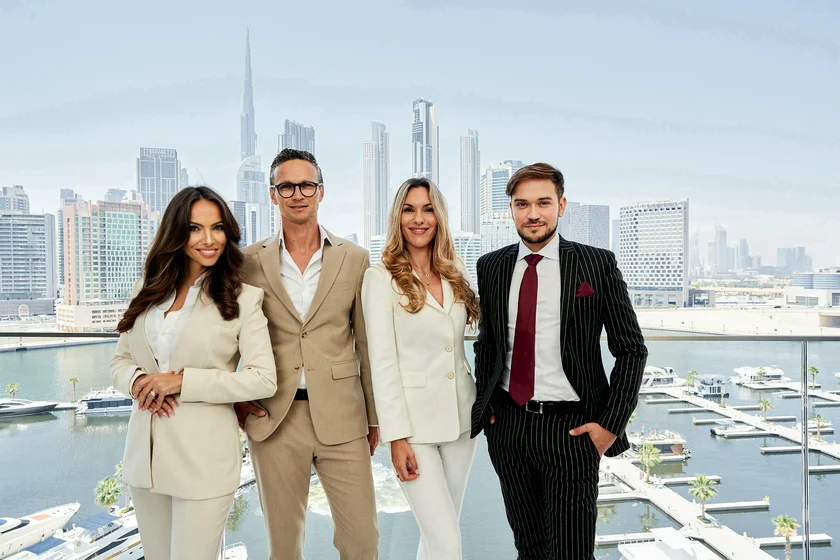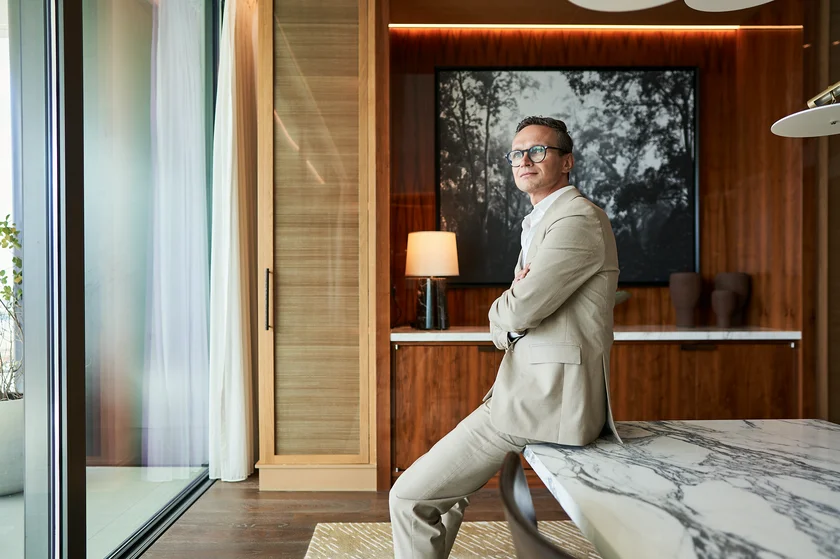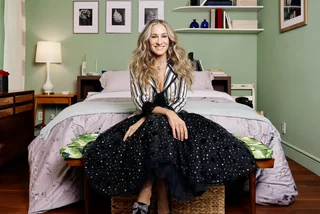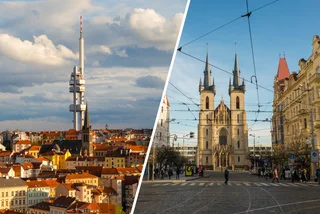Success in investment is about identifying opportunities that others don’t see. Even times of economic stress can create great opportunities for those prepared to think outside the box. In real estate, this can mean switching attention from stagnating markets to those where demand is on the up.
Dubai is one of the world’s most dynamically growing cities in almost every way, including in its population, which almost doubles every decade, its technological innovation, and its attractiveness as a tourist destination. The city’s real estate market is keeping pace with this overall growth, making it one of the hottest markets in the world and a strong alternative to European real estate markets, where returns are shrinking and demand is falling.
TRIM Real Estate is the first Czech-Slovak real estate agency in Dubai, providing a boutique approach in multiple languages to open up opportunities for potential buyers in Czechia, Slovakia and beyond. Founded by Slovak couple Mária Fuseková and Michal Fusek, and officially licensed in the United Arab Emirates (UAE), TRIM Real Estate provides the insider knowledge and expertise that investors need to make the most of Dubai’s sky-high potential.
Why invest in Dubai?
There’s no doubt about it: Dubai is one of the world’s hottest cities for real estate investment and it doesn’t look like this trend will change anytime soon.
2022 was the strongest year on record in terms of real estate transactions in Dubai, with prices for luxury apartments increasing year-on-year by 9 percent and villa prices increasing year-on-year by as much as 18 percent. Such growth contrasts sharply with the stagnating real estate markets of Czechia, Slovakia, and Europe as a whole, and it’s therefore no surprise that the average return on investment is much higher in Dubai than it is in Czechia. This 2022 record was overpassed by the first 3 quarters in 2023 and this year Dubai real estate market will exceed volume of 300 billion AED.
“The average return on investment is 6-8 percent, depending on the location of the property and other factors. If we look at Prague or Bratislava, the ROI is usually somewhere around 3-4 percent,” explains Michal Fusek, Co-Founder at TRIM Real Estate.
“Compared to Europe and the USA, the demand in Dubai is huge. New projects can be sold out in a couple of hours after launch because people from all over the world want to buy here, either as an investment or as a place to live,” Fusek adds.
“In Europe, we see prices decreasing in the real estate sector. Here, prices are increasing, and according to forecasts, this will continue. Last year’s average was 12 percent capital appreciation in Dubai, meaning people saw the value of their property grow by 12 percent.”
A tax haven for investors and earners
Making money from real estate isn’t just about finding a property that increases in value over time. Local regulations and taxes also play a major role in whether or not an investment will be profitable, and in Dubai, the system is set up to maximize returns. Dubai is one of the safest cities in terms of real estate transactions as when you buy a property from a developer, money goes to the government escrow account and is released back to the developer based on the progress of construction.
Another thing that makes purchasing property here an attractive proposition is that all developers in UAE offer a payment plan, which means you don't need to have all the cash when purchasing your dream property. The client pays during the contract for example 50 percent and the rest of the payment is done during the handover phase.
Investors only have to be aware of one fee: the Dubai Land Department fee, a one-time payment equivalent to 4 percent of the property value.
“There’s no income tax on property at all,” Fusek explains. “In Czechia and Slovakia, you have to hold on to the property for five years before the income from selling that property becomes tax-free. Here, there’s no grace period; if you buy the property one day for €1 million and sell it the next day for €2 million, that is your net income, and you don’t pay any tax. There’s also no VAT whatsoever on properties.”
As a city keen to generate wealth and attract the world’s brightest minds, Dubai’s low-tax environment extends beyond real estate. Individual workers don’t pay any income tax either, meaning the gross salary paid by their employer is the same as the net salary they take home.
A city for work, play and living
According to Fusek, Dubai isn’t just an attractive investment destination for those seeking to rent out a property and then “flip” it a few years later. The city is also one of the world’s most desirable places to live, and end-users buying properties to live in for at least part of the year make up a significant proportion of investors.
“Such people buy the property and use it once in a while; the rest of the year, they usually rent it out short-term. Short-term rental is common in Dubai, as it’s the world’s second most-visited city by international tourists after Paris, with over 16 million tourists visiting annually,” says Fusek.
Dubai has meanwhile become a particularly attractive destination for expat workers due to its killer combination of great work opportunities, beautiful weather, quality urban living and a generous visa system facilitating entry for entrepreneurial or highly-skilled incomers.
“Dubai’s population is 90 percent expats and 10 percent local emiratis, with around 200 nationalities and lots of investors from abroad,” says Fusek. “The high season lasts around nine or ten months; June, July and August have the hottest weather, so many expats travel back to their home countries during these months.”
“Dubai has high quality infrastructure in terms of schools, including international schools,” Fusek adds. “Our kids go to a school along with people from seventy different nationalities, and they make it easy for kids who don’t speak the English language to integrate. It’s a very safe place for families to live; you can walk anywhere, anytime.”
“What’s more, you can make good money. Out of the Fortune 500 companies, around 70 percent have their regional headquarters in Dubai, while over 60 percent of the world’s top 300 brands have representation in Dubai. Yet at the same time, house prices here are still almost three times lower than in similar cities such as Singapore or New York.” At the same time the UAE is in the top 10 safest countries in the world to live.
Dubai calling
For investors in Czechia and Slovakia concerned by stagnating markets and high inflation, Dubai may offer an alternative avenue to success. TRIM Real Estate’s story is, in itself, an example of creative Slovak-Czech enterprise. Michal Fusek and his wife Maria founded the company during the pandemic and have since crafted a boutique service open to investors from around the world.
“We’re a family with three kids; I worked for many years in a corporation, while my wife was a businesswoman. We had our idea about Dubai after pursuing projects for developments and rental buildings in Slovakia. My wife started working in Dubai as a real estate agent, and after her first successes, we discussed the idea of setting up our own processes, creating an environment in which the people working for us would feel accomplished and fulfilled.”
“We serve clients in English, Czech, Slovak, German, Russian, Hungarian and Spanish. We’re now looking to hire more staff as part of our expansion.” The company just opened its first European office in Bratislava to serve its European clients in Europe.
“We strongly believe it's going to bring value to our clients. One day they can meet with the team in Prague and the next day we can continue with the property viewing in Dubai.”
The success of TRIM Real Estate shows that for investors in Czechia or Slovakia, or for those simply looking to move to sunnier climes, Dubai offers major untapped potential. With its great tax environment, strong real estate market growth, and high quality of life, it stands out in challenging times as a city of growth, optimism and opportunity.
This article was written in cooperation with Trim Executive Real Estate. Read more about our partner content policies here.












 Reading time: 6 minutes
Reading time: 6 minutes 